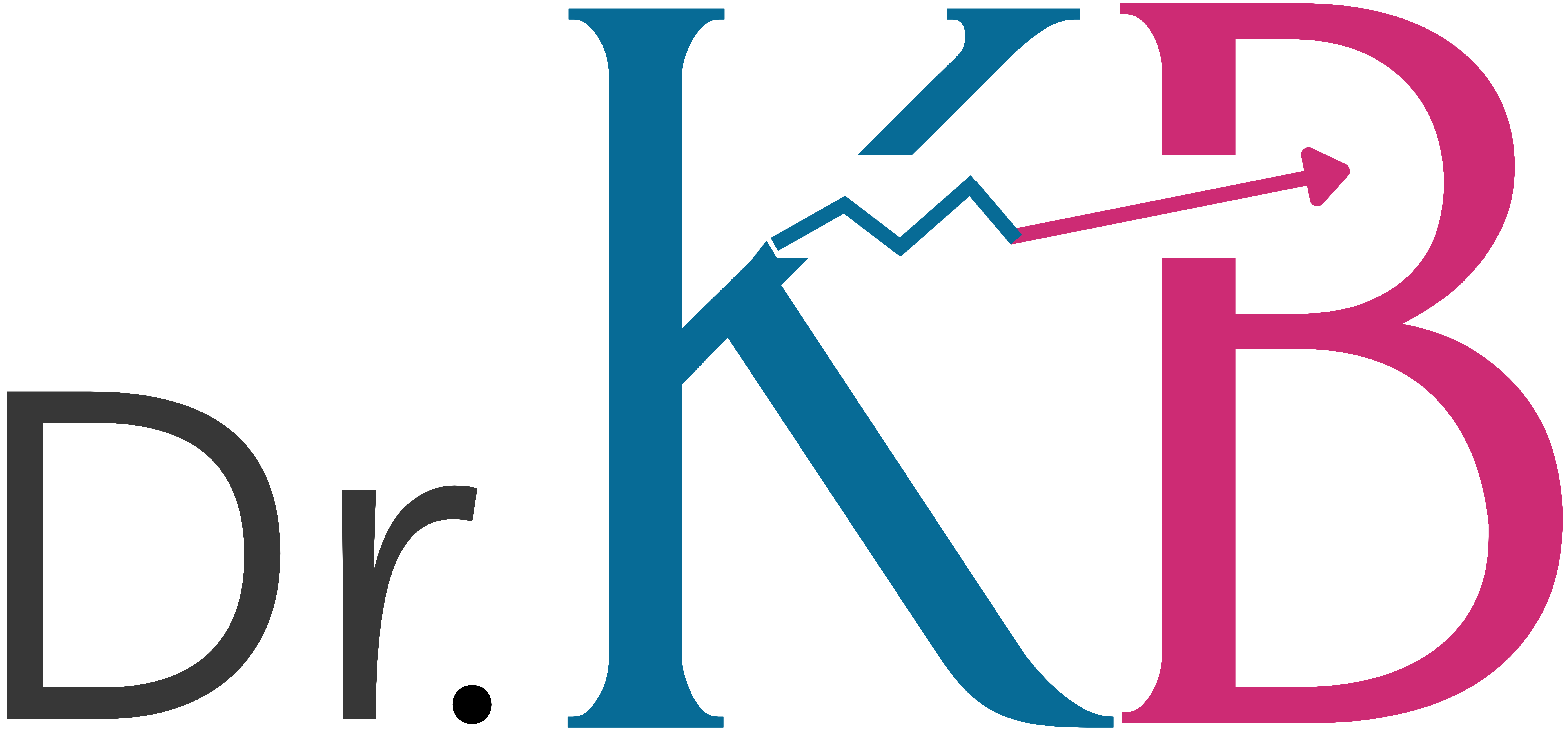“I’m Desperate To Quit My Clinical Job But I Don’t Have Another One Lined Up.”
These were the words of a physician on her first coaching call with me.
If you can relate, I invite you to continue reading about her journey to quitting and beyond.
Coaching Day 1: The Problem.
This physician is an early career specialist who was unhappy in her clinical job.
While she experienced moments of rewarding patient interactions, these were overshadowed by insufficient staff support, always feeling rushed, and a lack of creativity. She felt exhausted at the end of the day with “nothing left to give.”
Coaching Month 1: To Quit Or Not To Quit.
This was a challenging decision. She wanted out ASAP but didn’t want to make an impulsive move she would later regret.
Here are the questions she reflected on:
1. Why did she want to quit?
The job was having a negative impact on her physical and mental health.
Her close relationships were suffering under the strain. She wanted to protect those relationships.
She craved the time and space to figure out what she wanted to do next.
2. What did she want in her career and life?
She did not necessarily want to leave clinical medicine altogether. There were parts of patient care she enjoyed. But she didn’t want it to be all-consuming.
She craved quality time with her family, to prepare healthy meals, and be more integrated into the community.
3. What was the cost:benefit analysis of quitting?
What was it costing her to stay in this job? What about the cost of quitting without another job lined up?
We reviewed her career goals, health, relationships, and finances.
Her financial inventory revealed she had saved enough for 6 months.
We brainstormed some worse-case scenarios and back-up strategies.
4. What does your inner compass say?
Up until this point, she had used her cognitive intelligence to make lists and strategize. But she stayed stuck.
I helped her access her other two centers of intelligence: her heart, and gut. As she tuned in to all three centers of intelligence, she immediately knew.
Without hesitation, she said, “I’m going to resign.”
Coaching Month 2: Planning her resignation strategy.
She did not want to burn bridges. She gave enough notice and helped develop a transition plan for her patients.
She resigned without knowing what’s next.
Coaching Month 3: “The Happiest I’ve Been In A Long Time!”
She felt healthier and happier than she had in a long time. She had an abundance of creative energy.
She was more present with her children.
She started volunteering and became more integrated into the community.
Even though she had no idea what her next job would be, she felt she was in the right place.
Coaching Month 5: Ready to explore.
After taking some time to enjoy the space and quality time with her children, she started exploring career options.
At this time, she has several job applications submitted and an interview scheduled. She’s on her way to landing her next role.
Bottom Line
Sometimes, quitting your job without another one lined up is the right thing to do. And it’s important to be strategic about how you go about it. It’s a highly personal decision with many factors to take into consideration.
I hope this physician’s story gives you the courage to do your own “quitting cost: benefit analysis”, tune into your inner compass, and make a decision that’s aligned with all your centers of intelligence.
“Musicians don’t retire. They quit when there’s no more music left inside of them.”
– Robert de Niro in “The Intern“

